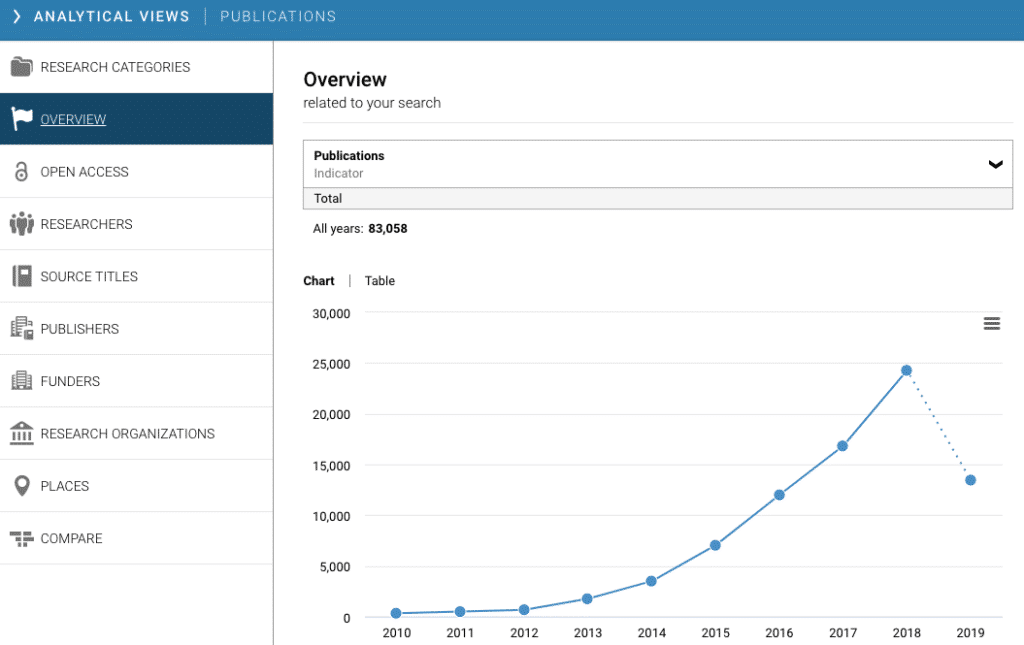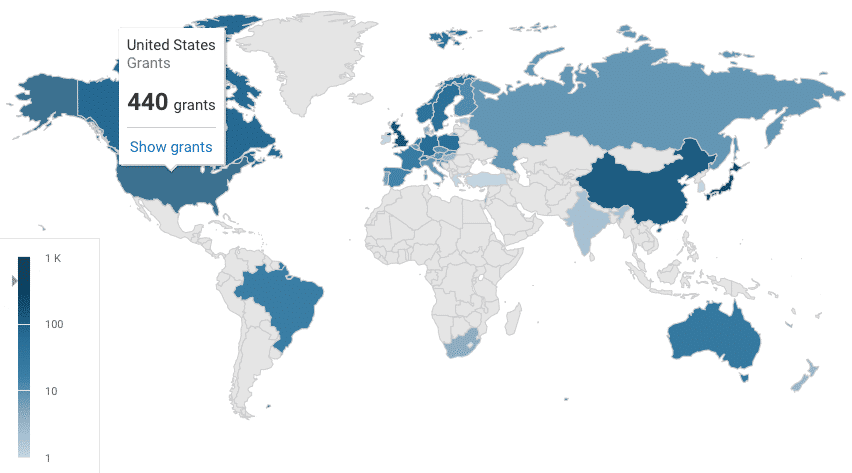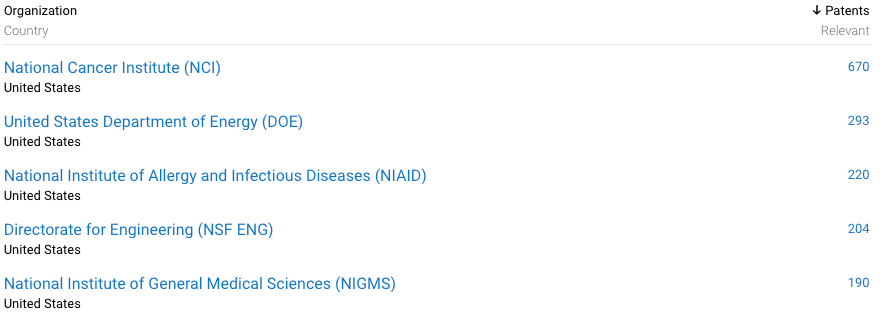For many years, the most common options for cancer treatment were chemotherapy, radiation therapy, and surgery. In the past couple of decades, new molecular targeted therapies involving drugs that block the growth and spread of the disease by interfering with specific molecules have also been considered standard treatment options. Most recently, immunotherapy has emerged at the forefront of cancer research and many in the cancer community consider it the “fifth pillar” of cancer treatment.
Immunotherapies involve strengthening the power of a patient’s immune system to attack cancer cells and tumors from within. A rapidly emerging immunotherapy approach, called adoptive cell transfer, is the process of collecting and using patients own immune cells to fight their cancer. There are many types of ACT, but one that is rapidly advancing in clinical development is called CAR-T-cell therapy.
The use of CAR-T cell therapy has garnered much attention from researchers as well as the public for the remarkable responses it has produced in some patients. What will be essential from an early stage is for researchers to truly validate and understand if proposed Car-T innovations are in fact rooted in solid peer-reviewed science, starting with the very early public grant awards to analyzing the resulting publications from those awards, and the patents and clinical trials associated with this funded research.
Dimensions offers data capabilities and the connected data to help life science organizations understand the Car-T research and development landscape precisely, identify experts in very specific Car-T-related topics and address challenges such as tackling solid tumor cancers with Car-T therapeutics.
A quick look at the publications over the last 10 years in Dimensions reveals more than 1 million CAR-T related publicationsconfirming it’s a trending field of research and the analytical views tab indicates increasing academic impact based on citations.

The Dimensions grants database includes information from more than $1.5 trillion worth of funded grants and can provide valuable insights into the global trends of Car-T research investment including the number of grants awarded, average lifespan and the average value of funding. An interactive geo-map reflects global distribution of grant awards and indicates more than $500 million has been awarded in the US in the past decade.

A glimpse into the patent data can show the translation of research activities into the commercial space and provides a downstream view on how research funding is impacting and enabling the commercial protection and potential use of research results. With more than 280k patents in this space, it’s apparent that much innovation is happening in this space.
The analytical views tab makes it simple to identify the top funders in the field and the results are consistent with indicators, in that much of the research is being led by the US with more than 670 patents from the National Cancer Institute alone.

To round out a full view of the CAR-T research landscape, Dimensions surfaces connections to over 650 related clinical trials and more than 25k policy documents from the past 10 years. Dimensions goes far beyond traditional databases by connecting these research elements to provide a robust view across the entire research lifecycle; from funding through publication to impact.
For a deeper exploration in our data around CAR-T, download our infographic here. If you’d like to learn more about the powerful capabilities, complete this form and we’d love to connect to discuss more.
